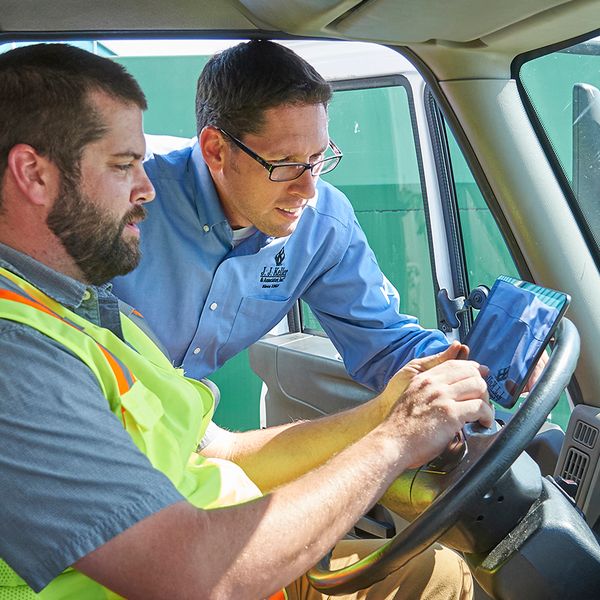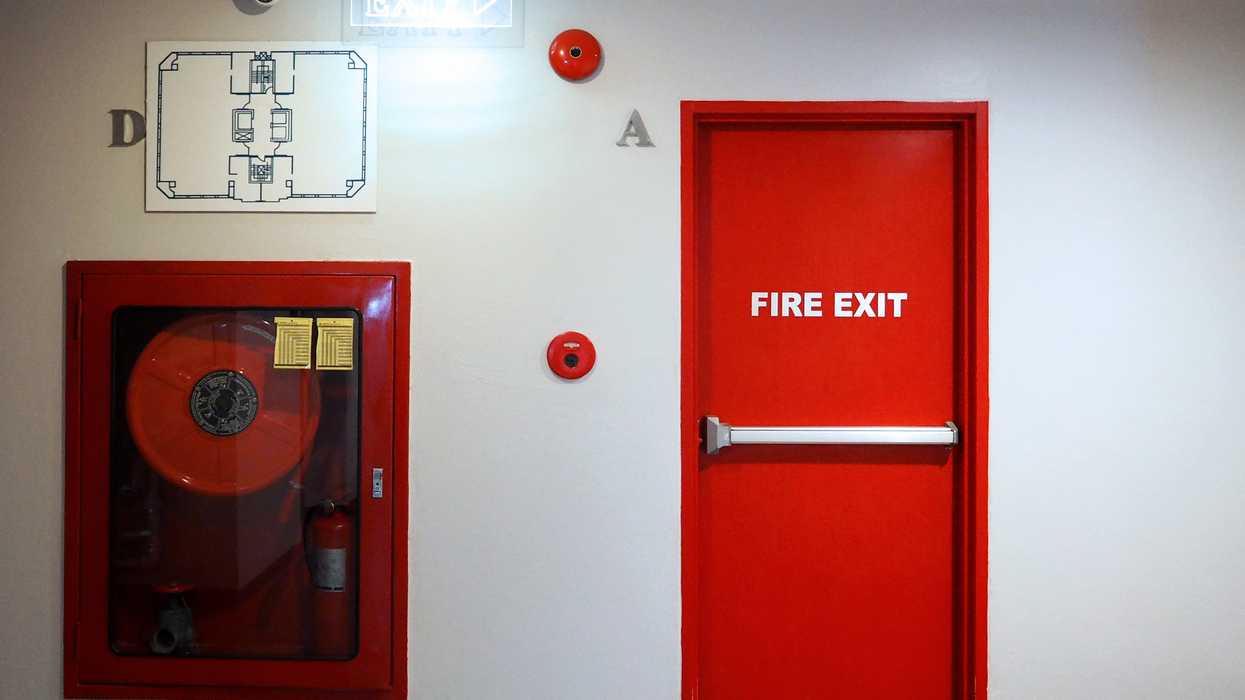Keys to surviving an IFTA/IRP audit
Receiving notification for an International Fuel Tax Agreement (IFTA) or International Registration Plan (IRP) audit would send anyone into panic mode, and for good reason. It’s unnerving to know that an auditor will come in, pore over your fuel tax and mileage records, and look for mistakes you’ve made in your recordkeeping and reporting.
There are a few steps you can take to help you survive the audit, and you don’t have to wait until the auditor announces that he’s paying you a visit. Part of survival involves preparation. You can act on this — today.
Keep the appropriate records for IFTA or IRP Audit
The phrase mise en place — usually about cooking — is a French phrase for “everything in place,” referring to the process of prepping all recipe ingredients before you start cooking. That way, when you’re ready to cook, your ingredients are accessible and ready for mixing.
Getting everything in place is also good advice for your IFTA records. Whether stored in physical files or stored electronically, ensure that your trip data and fuel receipt records are organized by vehicle, in their place. Your “place” can mean you’re keeping hard-copy files or it can mean you’re keeping your documentation electronically. Whichever way you choose, be sure the records are organized and readily accessible should you need them in an audit. This helps ensure that you’ve got things in order when the auditor wants to visit. The types of records you need to keep include the following:
- Beginning and ending dates of the trip to which the records pertain;
- Trip origin and destination;
- Routes of travel;
- Beginning and ending reading from the odometer, hubodometer, engine control module (ECM), or any similar device for the trip;
- Total trip distance;
- Distance traveled in each jurisdiction during the trip; and
- Vehicle identification number or vehicle unit number.
If using an electronic recording device, the records must include:
- Original global positioning system (GPS) or other location data for the vehicle to which the records pertain;
- Date and time of each GPS or other system reading, at intervals sufficient to validate the total distance traveled in each jurisdiction;
- Location of each GPS or other system reading;
- Beginning and ending reading from the odometer, hubodometer, engine control module (ECM), or any similar device for the period to which the records pertain;
- Calculated distance between each GPS or other system reading;
- Route of the vehicle’s travel;
- Total distance traveled by the vehicle;
- Distance traveled in each jurisdiction; and
- Vehicle identification number or vehicle unit number.
You’re also required to keep fuel receipts for fuel purchased for your IFTA-qualified vehicles. A receipt from the seller or a fuel card purchase report are sufficient.
If your records include the items mentioned here, then they should be found adequate in an audit.
Check your records
Many times, trip and fuel records are gathered, entered into a mileage and fuel tracking system, and never checked or reviewed again. Problems can arise if simple errors go unnoticed for several months or quarters at a time.
Simple checks of your trip and fuel data can help you ensure accurate reporting. You can check your trip reports to ensure that the ending odometer on one trip report is the start odometer on the next report. You can also check that the destination of a prior days’ trip is the starting point of the next days’ trip. Consider how far your vehicles can travel before they would need fuel — do you have fuel receipts for those lengthy trips?
You can even look at one of your vehicle’s starting odometer readings at the beginning of the month and the ending odometer reading at the end of the month and compare it to the total distance the vehicle traveled in the month. Ask yourself if the numbers make sense. If not, and you find anomalies in your data, you have an opportunity to correct the issues in a timely manner rather than trying to figure it all out at the end of the quarter.
Periodically looking at your records and making sure they make sense can go a long way in ensuring your data is accurate and trustworthy.
Communicate with the auditor
Finally, what should you do if you get that audit letter in the mail? First, respond to the notification and provide the information the auditor is requesting. Make sure you’re in communication with the auditor so you understand the types of records the auditor wants to see. If the auditor believes you haven’t provided the proper records, ask for more details about what he/she needs to complete the audit.
Being cordial and keeping the communication lines open shows that you’re taking the audit seriously.
Survival skills for IFTA audit
Your fate in an IFTA audit depends largely on your survival skills and actions leading up to the audit. You’ve got skills; you know what to keep and know what actions to take to ensure your trip and fuel data is accurate.
Your records are your only back up in an IFTA audit, which is why you need to ensure they’re in order. Assessments and penalties can be significant if the auditor finds errors and mistakes. Keeping what you need to and regularly checking your records for accuracy can help ensure you don’t just survive an audit, but you sail through it with confidence.






















































